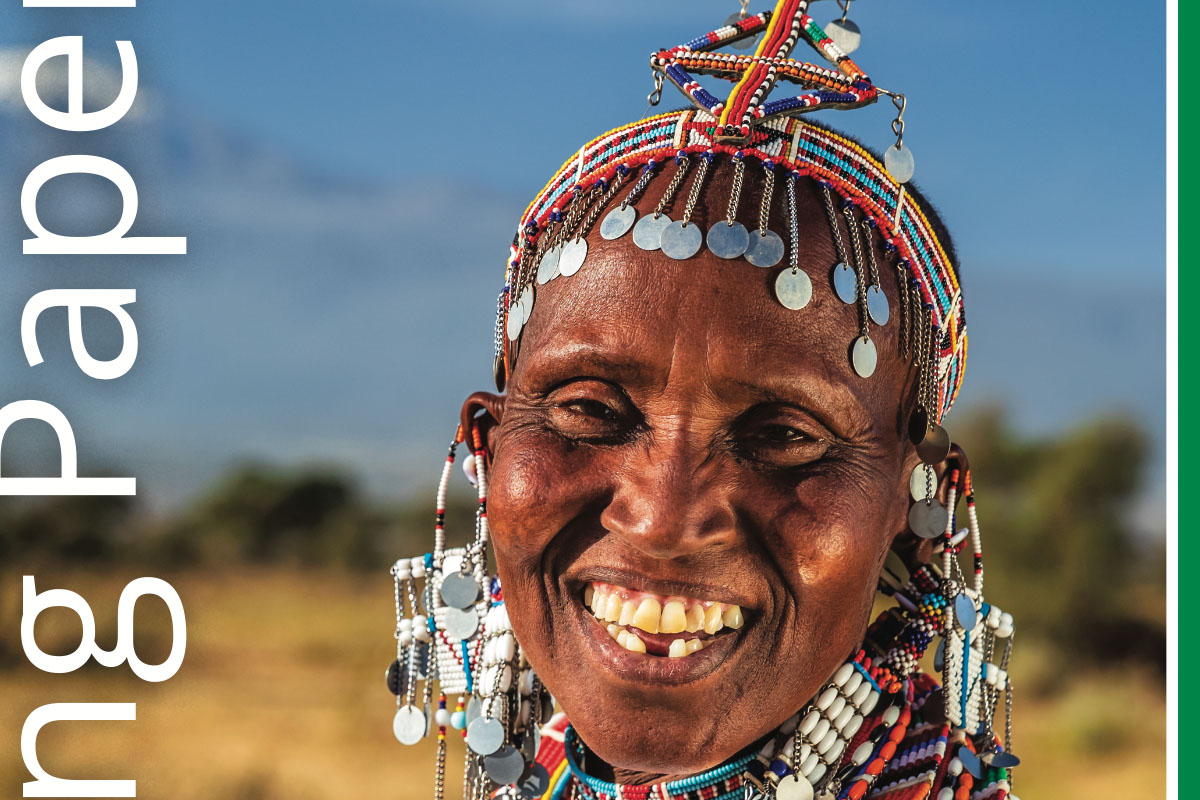
- Version
- Download 401
- File Size 243.43 KB
- File Count 1
- Create Date August 7, 2022
- Last Updated August 7, 2022
Regional Gender Assessment of the Land Sector
Constitutional and legal frameworks of IGAD countries tend to be progressive with land and gender equality. The Constitution of Djibouti (2010) stipulates that the State guarantees equality before the law without distinction between sex and property right. Ethiopian Constitution (1995) and legal frameworks recognise equality between women and men in all matters, including women’s equal rights to acquire, administer, control, use, transfer and sell property, including equal treatment in property inheritance. This Constitution is further reinforced through other national legislation such as the Rural Land Proclamation, which provides that all regions shall confirm the equal rights of women for the transferring and bequeathing of holding rights (FRLAUP 2005) and; the Family Code, which governs inheritance matters and recognises community property among spouses (Revised Family Code 2000, art. 62 – 63).
Kenya has recently initiated far-reaching land reform. Starting with the Constitution of Kenya (2010), the Land Act, Land Registration Act, National Land Com- mission Act, and Community Land Act, all of which aim to strengthen the land rights of Kenyans and promote gender equity in accessing land. The Constitution pro- vides for equal treatment of all persons under the law and makes provision for equal treatment of women and men, equitable access to land, and eliminating gender discrimination in law, customs, and practice re- lated to land and property in land.
Attached Files
| File | Action |
|---|---|
| Land 7.jpg | Download |